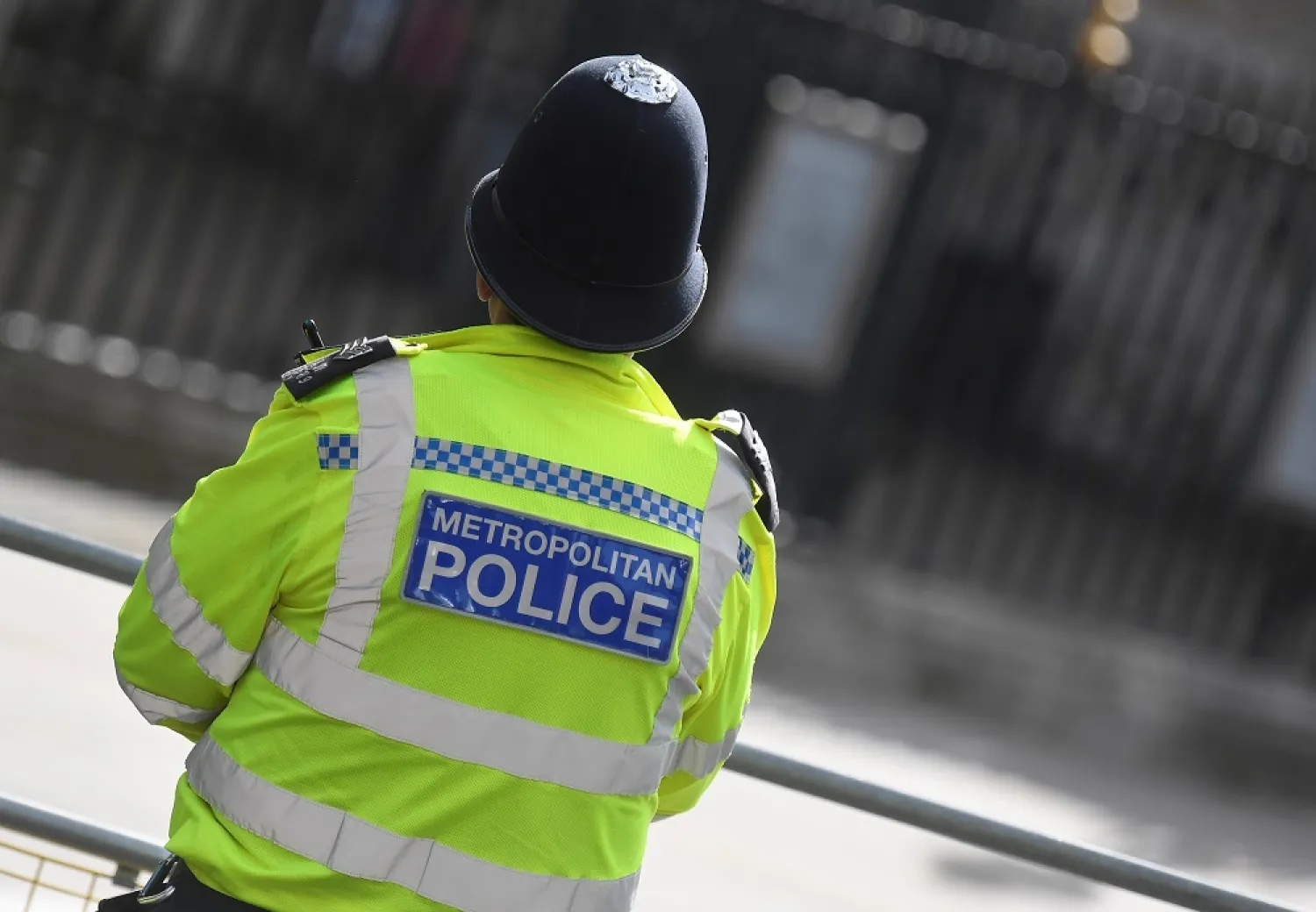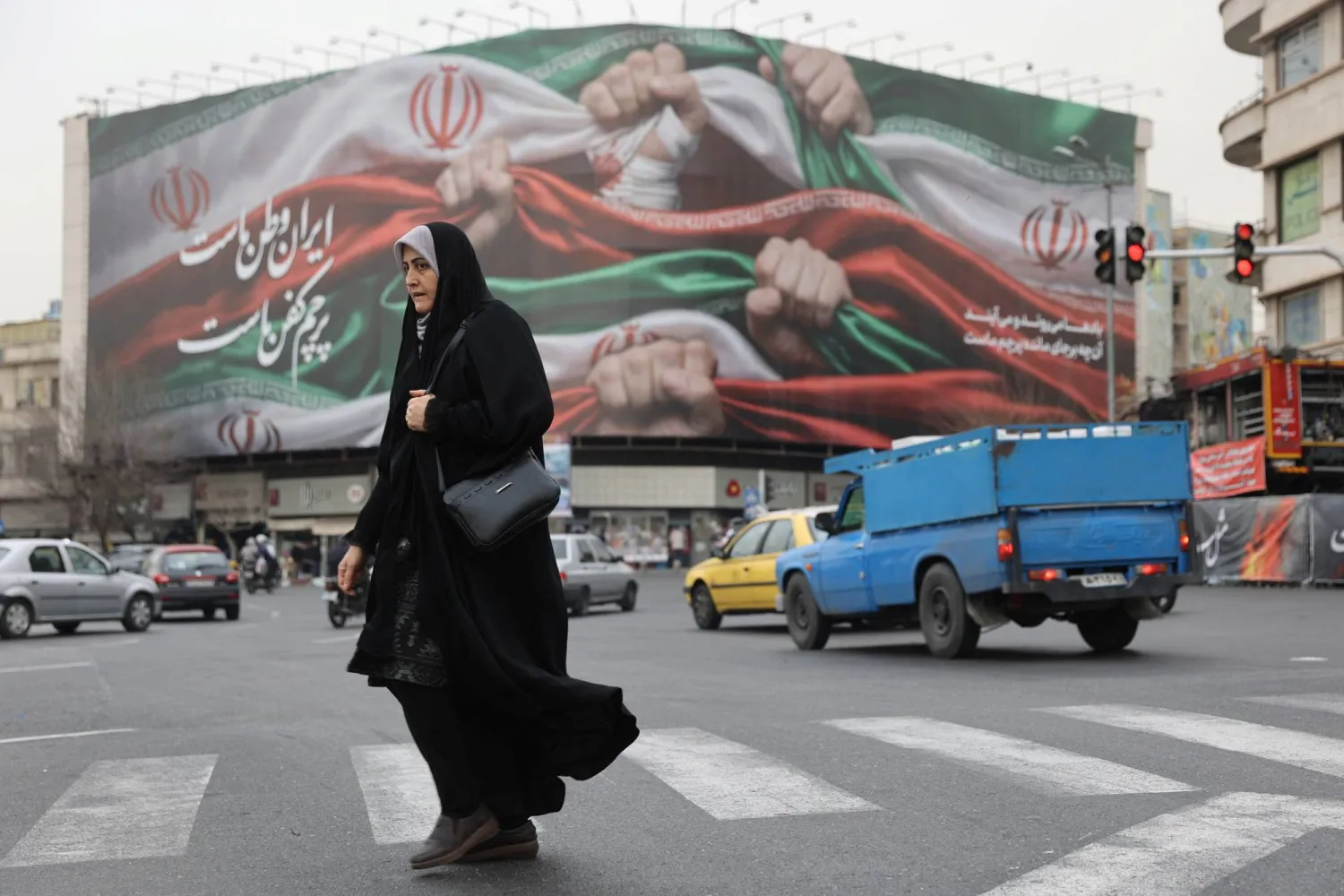The European Union's executive arm, Russia and Thailand on Monday were the latest to be asked to join US President Donald Trump's new Board of Peace that will supervise the next phase of the Gaza peace plan, as a top Israeli official said the initiative is “bad for Israel” and should be scrapped, The AP news reported.
Kremlin spokesman Dmitry Peskov said Russian President Vladimir Putin received the invitation and that the Kremlin is now "studying the details" and would seek clarity of “all the nuances” in contacts with the US. The Thai Foreign Ministry said it was also invited and that it was reviewing the details.
European Commission spokesperson Olof Gill confirmed that Ursula von der Leyen, the president of the commission, received an invitation and would be speaking to other EU leaders about Gaza. Gill didn't say whether the invitation has been accepted, but that the commission wants "to contribute to a comprehensive plan to end the Gaza conflict.”
It's unclear how many leaders have been invited to join the board. But a Trump reference in the invitation letters that the body would “embark on a bold new approach to resolving global conflict" suggested it could act as a rival to the UN Security Council, the most powerful body of the global organization created in the wake of World War II.
Israeli far-right Finance Minister Bezalel Smotrich on Monday dismissed the Board of Peace as a raw deal for Israel and called for its dissolution.
“It is time to explain to the president that his plan is bad for the State of Israel and to cancel it," Smotrich said at a ceremony inaugurating the new Yatziv settlement in the occupied West Bank. "Gaza is ours, its future will affect our future more than anyone else’s. We will take responsibility for what happens there, impose military administration, and complete the mission.”
Smotrich even suggested that Israel renew a full-scale offensive on Gaza to destroy Hamas if it doesn't abide by a “short ultimatum for real disarmament and exile.”
On Saturday, the office of Israeli Prime Minister Benjamin Netanyahu said the formation of the committee wasn’t coordinated with the Israeli government and “is contrary to its policy.”
The US is expected to announce its official list of members in the coming days, likely during the World Economic Forum meeting in Davos, Switzerland.
Board members will oversee an executive committee that will be in charge of implementing the tough second phase of the Gaza peace plan that includes the deployment of an international security force, disarmament of Hamas and reconstruction of the war-devastated territory.
A $1 billion contribution secures permanent membership on the board with the money going to rebuild Gaza, according to a US official who spoke on condition of anonymity about the charter, which hasn't been made public. A three-year appointment has no contribution requirement.
But details of how this will also work remain murky. British Prime Minister Keir Starmer said Monday the UK is talking to allies about the Board of Peace. Although the UK hasn't said whether Starmer has been formally invited to join, he said it's necessary to proceed with the Gaza peace plan's second phase and that his country has "indicated willingness, to play our part, and we will.”
Running Gaza Egypt’s top diplomat on Monday met with the leader of the newly appointed committee of Palestinian technocrats who will be running Gaza’s day-to-day affairs during the second phase of the peace plan.
Foreign Minister Bader Abdelatty met with Ali Shaath, a Palestinian engineer and former official with the Western-backed Palestinian Authority, who was named last week as chief commissioner of the National Committee for the Administration of Gaza
Abdelatty expressed the Egyptian government’s “complete support” to the committee and affirmed its role in running Gaza’s daily affairs until the Palestinian Authority takes over the territory, a statement from the Egyptian ministry said following the meeting.
He also underscored “the importance of preserving the unity of the Palestinian territories, ensuring geographical and administrative continuity between the Gaza Strip and the West Bank.”
More aid getting through but situation still fragile The UN World Food Program on Monday said it has “significantly expanded” its operations across Gaza 100 days into the ceasefire, reaching more than a million people each month with hot meals, bread bundles and food parcels. But it warned the situation remains “extremely fragile” even as critical progress has been made in pushing back famine.
It noted that malnutrition has been prevented for 200,000 pregnant and breastfeeding women, as well as children under 5, while school snacks are reaching 235,000 children in 250 temporary schools.
Still, the most recent Integrated Food Security Phase Classification (IPC) analysis in December indicates that 77% the population is facing crisis levels food insecurity with over 100,000 people experiencing catastrophic levels of hunger.
The WFP said access to nutritious food such as fresh fruit, vegetables and dairy is limited with most families still can't afford more commercial goods entering Gaza.
Palestinian teen shot dead Israeli forces killed a Palestinian teenager in southern Gaza, hospital authorities said Monday.
Hussein Tawfiq Abu Sabalah, 17, was shot in the Muwasi area of Rafah Monday morning, according to Nasser Hospital. It wasn’t immediately clear whether he crossed into or came close to an Israeli-controlled area.
More than 460 people have been killed by Israeli fire and their bodies brought to hospitals since the ceasefire went into effect, according to Gaza's Health Ministry. The ministry, which is part of Hamas-led government, maintains detailed casualty records that are seen as generally reliable by UN agencies and independent experts.









